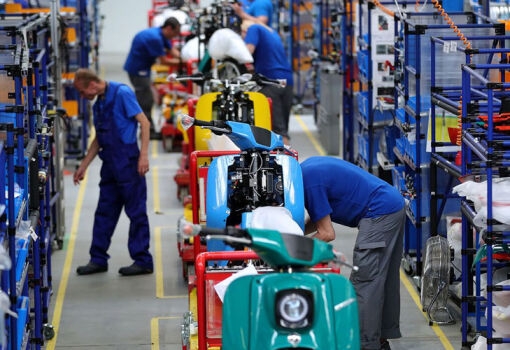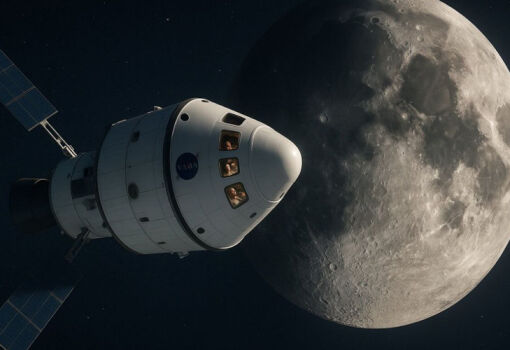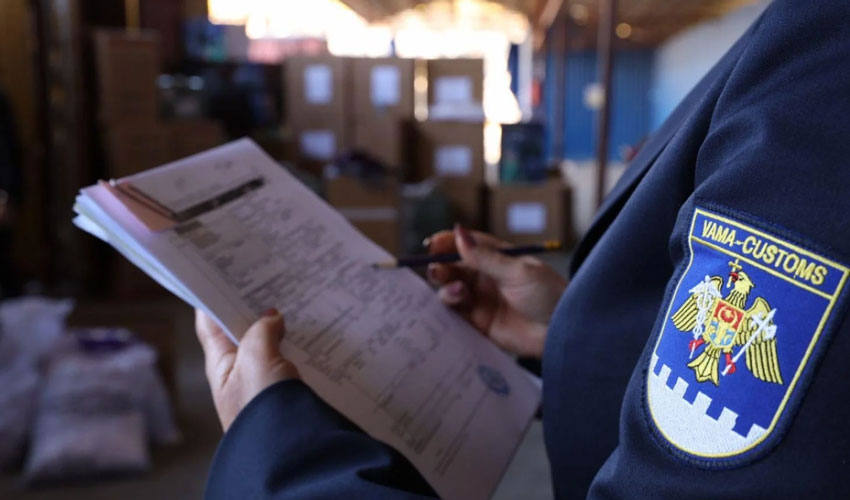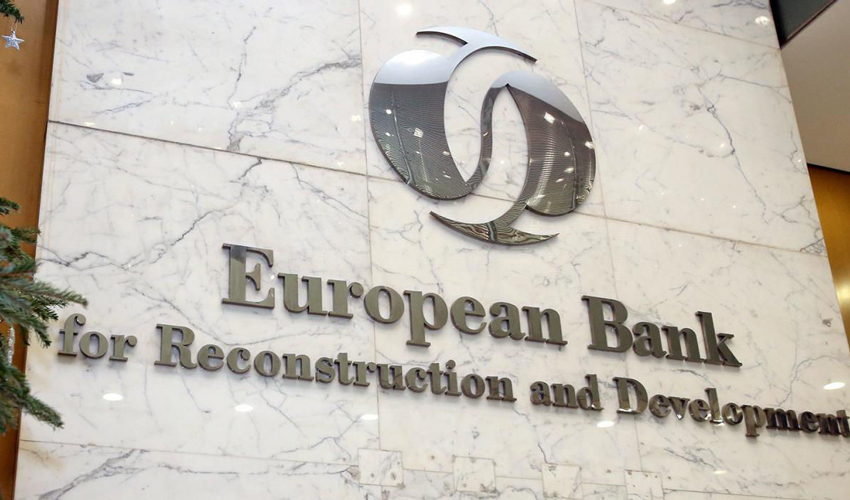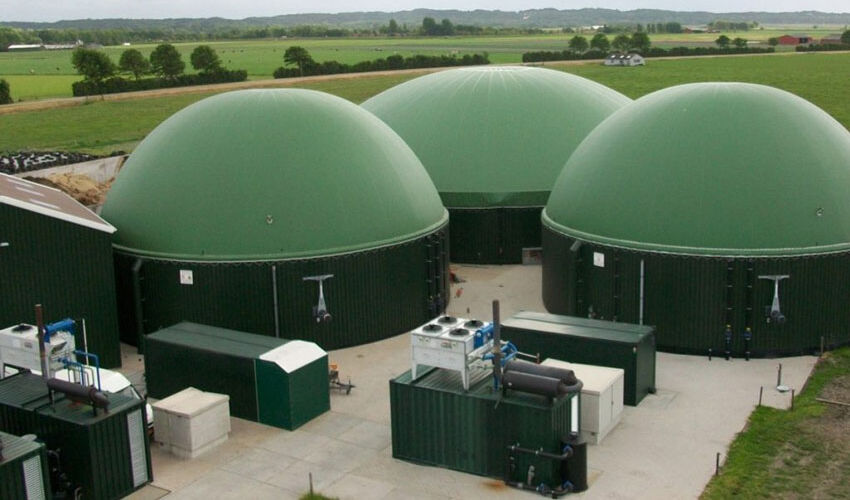
Last week, during Moldova’s EU accession meeting on energy and infrastructure reforms, Carolina Novac, State Secretary of the Ministry of Energy responsible for the green transition, held several high-level meetings with international partners in the energy sector.
In particular, there was a dialog with representatives of the Belgian development agency Enabel, where they discussed opportunities for cooperation in green energy and energy efficiency projects in buildings. The agency also supports projects related to digitalization and modernization of energy infrastructure.
Discussions focused on opportunities for Moldova and Enabel to work together on energy efficiency programs, smart metering systems and more efficient use of biogas potential. Enabel expressed strong interest in supporting Moldova’s energy goals, including possible future assistance in the form of a combination of technical support, grants and loans, in cooperation with BIO Invest, a Belgian development finance institution.
The Belgian side is also willing to share its experience in grid stability and flexible grid connection, as well as innovative energy storage solutions such as compressed air and container systems. Enabel welcomed the exchange of experience between Belgian and Moldovan organizations and proposed to include Moldovan experts in future study visits.
Caroline Novac also met with the European Biogas Association (EBA) to discuss the expansion of biogas and biomethane production in Moldova. The talks focused on the implementation of European best practices, addressing climate-related issues and improving support schemes to attract investments. The role of biomethane as a strategic energy source was also emphasized.
It should be reminded that earlier, in the 90s and zero years, scientists from the Moldovan State University and the Institute of Energy of the Academy of Sciences of the Republic of Moldova worked quite actively on the development of biogas production technologies. However, due to the lack of funding and interest of the authorities, these studies stopped.
Nevertheless, there is one large active project in the country. In 2020, in Drochia, on the territory of the sugar-producing enterprise of Sudzucker Moldova company, a plant with a design capacity of 7.3 million cubic meters of biogas with 51% methane content was opened, produced from 55 thousand tons of pressed beet pulp – the main by-product of sugar production from sugar beet. The plant can process about 150 tons of beet pulp per day (out of 750 tons of this recyclable material produced by the sugar factory).
Biogas, together with natural gas purchased by Sudzucker Moldova, is burned in the cogeneration plant of the sugar factory; electricity and steam are used in sugar production.
At the same time, due to the use of own biogas, the share of natural gas purchased by the enterprise decreased by about 15%. In the off-season, two cogeneration units, each with a capacity of 1.2 MWh, operate on biogas. The electricity produced feeds the infrastructure of the sugar factory, the surplus is fed into the national energy system.
In addition, some farms and enterprises process waste into biogas for their own needs.
Moldova is extremely interested in the development of biogas production, according to Energy Minister Dorin Junghietu.
“The potential for biogas production in Moldova remains largely untapped to date. Currently, only about 7 MW of biogas-based generating capacity has been installed in the country. This is a relatively expensive source of energy, but its key advantage is stability: it does not depend on weather conditions and is not intermittent, unlike wind or solar,” the minister said during his visit to Azerbaijan in June this year. And he added that the republic certainly welcomes the participation of companies and investors from this country in biogas projects.








